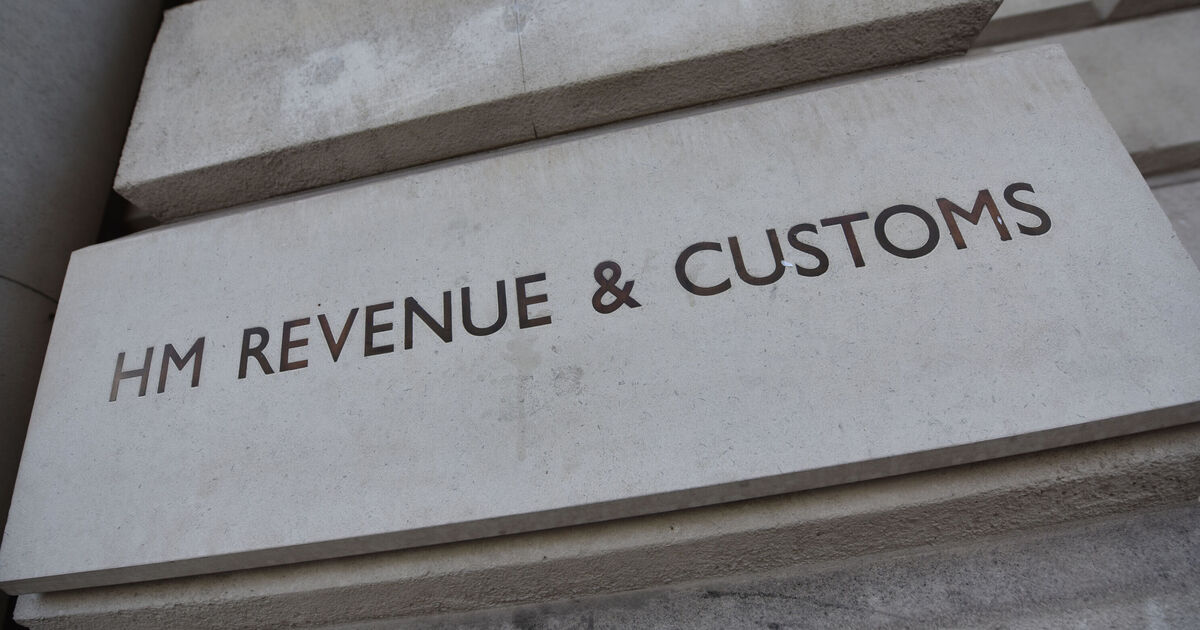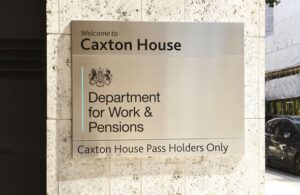
Thousands of workers across the UK face paying up to £4,000 extra in taxes next year following changes in the Budget.
Chancellor Rachel Reeves announced in October that higher capital gains tax rates (CGT) will be introduced, along with reduced dividend alliances and frozen income tax thresholds from the next tax year in April.
Together these three tax changes will affect workers across all salaries, but could cost higher earners nearly £4,000 extra in taxes in 2025.
CGT is a tax on the profit when you sell or ‘dispose of’ an ‘asset’ that’s increased in value, such as selling a second property or stocks and shares, and it’s the gain that you make that is taxed depending on your income tax bracket.
According to analysis from Interactive Investor, workers earning £100,000 and above will be hit the hardest by the changes and face a total capital gains tax increase of £3,836 next year.
For higher-rate taxpayers, the CGT rate on gains made above the £3,000 tax-free threshold has increased from 20% to 24%, meaning the CGT liability on a gain of £5,000 is now £480 – up from £400 under the 20% rate.
It means on gains of £10,000, £20,000, and £50,000, the CGT liability would increase to £1,680, £4,080, and £11,280, respectively.
Workers earning £50,000 face a tax increase of £1,831 next year, while those on average wages also face significant hikes with people earning £35,000 set to pay an extra £1,261.
For basic-rate taxpayers, the CGT rate on gains made above the £3,000 tax-free threshold has increased from 10% to 18% for basic-rate taxpayers. This translates to a CGT liability of £360 on capital gains of £5,000 – up from £200 under the 10% CGT rate.
This means on gains of £10,000, £20,000, and £50,000, the CGT liability would increase to £1,260, £3,060, and £8,460, respectively.
Meanwhile, Personal Allowance remains frozen at £12,570 until April 2028. Combined with wage inflation at 4.8%, it means more workers are at risk of being pushed into higher tax brackets.
Adding to the burden, the personal allowance remains frozen at £12,570 until April 2028. This freeze, combined with wage inflation currently at 4.8 per cent, means more workers are being pushed into higher tax brackets.
According to figures from His Majesty’s Revenue and Customs (HMRC) last year, an extra 100,000 workers had been pulled into the 60% tax bracket.
Myron Jobson, senior personal finance analyst at Interactive Investor, said: “A lot of the discussion leading up to the Budget centered around what constitutes ‘working people.’ Regardless of your definition, the Budget announcements are likely to impact every type of worker.
“The additional tax burden on employers could trigger a trickle-down effect, where the need to manage elevated expenses forces companies to tighten their payroll budgets. This could result in employers reducing planned pay increases or scrapping them altogether.
“This move could encourage employers to lean on the existing salary sacrifice regime, which is a win-win benefit that allows workers to lower their taxable income enough to avoid being ensnared by tax traps such as the High-Income Child Benefit Charge. It also allows employers to reduce their National Insurance tax burden.”



















